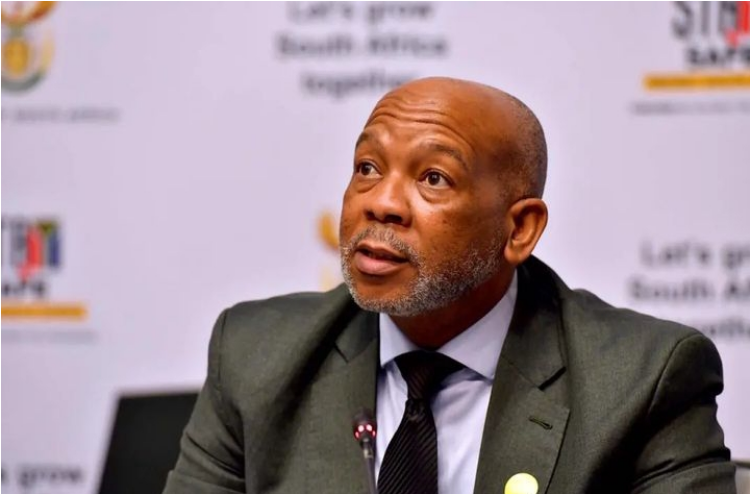
Ramokgopa, speaking at Russian Energy Week in Moscow, expressed South Africa’s desire to collaborate with countries considered nuclear powerhouses, including Russia, South Korea, China, the US, and France, to build its own nuclear power plant.
“We believe that this BRICS group of like-minded country members has a huge potential, and working together will strengthen this resolve through cooperation on energy security,” the Minister stated.
According to the South African Government news agency, the minister urged the nations that were involved to “tap and dig deeper into different skills and advantages” in order to guarantee reciprocal assistance in maximizing the potential that each nation possesses.
“To mention a few opportunities, it is mining and beneficiation of critical minerals, and rare-earth elements required to power the green economy, [expand] hydro power potential, promising hydrogen solutions and its derivatives, gas, nuclear – including small modular reactors, renewables, storage, biofuels, as well as clean coal, and carbon capture utilization and storage,” the Minister said.
Electricity struggles in South Africa
A report by Bloomberg showed that Eskom’s failure to meet electricity demand was driven by unprecedented outages due to mismanagement, corruption, and the company’s aged fleet of generating facilities.
As a result, President Cyril Ramaphosa established a new cabinet post in March 2023 and appointed Kgosientsho Ramokgopa as Minister of Electricity and Energy.
About a year later, the initiative began to bear fruit as Eskom Holdings SOC Ltd. reported in July 2024, that there had been no load-shedding in the nation for 100 days.
This achievement is attributed to the recovery plan, which was started in March 2023, and the “aggressive” maintenance of the company’s power plants.
However, the country at the time still considered nuclear energy as an option to bolster its power infrastructure and ensure that the country never has to go through such an electricity crisis again.









